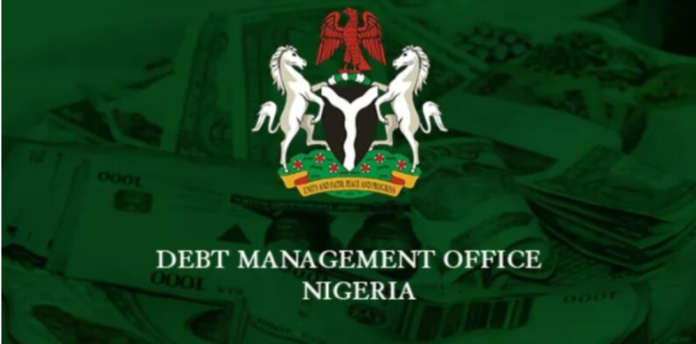By Jemimah Wellington, JKNewsMedia Reporter
THE ESCALATING financial burden on Nigeria continues to spark concern as the country’s total public debt soared to ₦142.3 trillion by September 2024.
Economists say this marks an increase of ₦8 trillion—or 5.97 per cent—compared to the ₦134.3 trillion recorded in June.
The Debt Management Office (DMO) attributed the surge primarily to rising domestic borrowing and the naira’s significant depreciation against the US dollar.
DMO also notes that the weakened exchange rate, which slid from ₦1,470.19/$ in June to ₦1,601.03/$ by September, inflated the external debt when converted into naira terms.
Breaking down the figures, Nigeria’s domestic debt climbed to ₦73.4 trillion ($45.8 billion), while the external debt stood at ₦68.8 trillion ($43 billion).
The federal government was responsible for the bulk of the domestic debt, which rose from ₦66.96 trillion in June to ₦69.22 trillion by the end of September.
In contrast, domestic debt owed by the 36 states and the Federal Capital Territory (FCT) saw a slight reduction from ₦4.27 trillion to ₦4.21 trillion.
In December 2024, the DMO states that Nigeria raised $2.2 billion through its eurobond issuance, marking a return to the international capital market.
The funds, the agency notes, were secured via two eurobonds: a 6.5-year bond set to mature in 2031 and a 10-year bond maturing in 2034.
The DMO however assured Nigerians that adequate provisions have been made in the 2024 budget to service these debts.
On January 1, it emphasised that the federal government has consistently honoured its debt obligations, both domestic and external, on schedule.
The timely servicing of debts, the DMO noted, has bolstered investor confidence in Nigeria’s bonds, reflecting the country’s adherence to global best practices in debt management.





